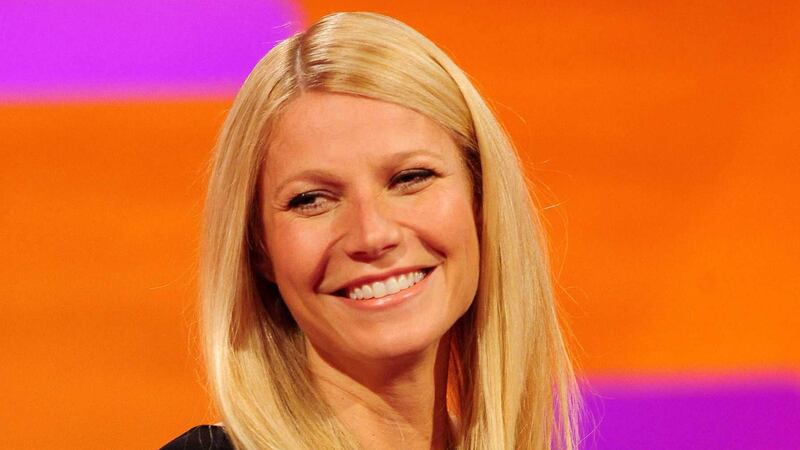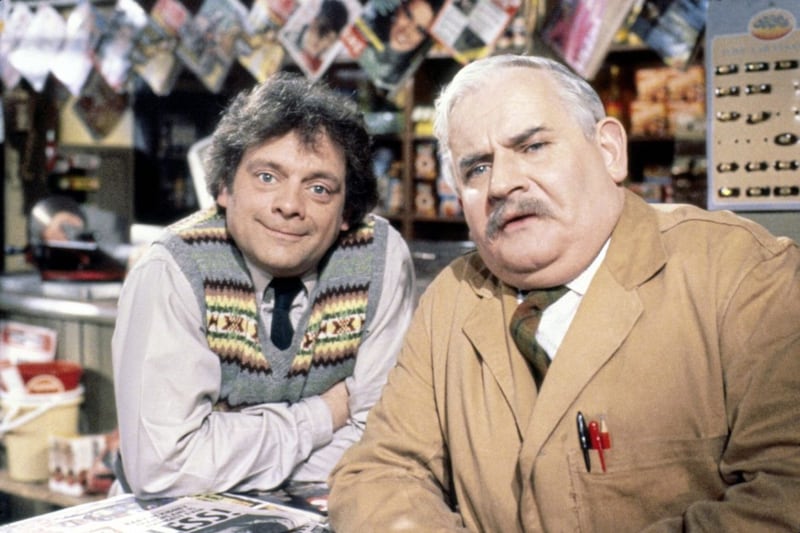WE’RE all dying of a new and dangerous disease. It’s called ‘faddism’ and it’s endemic.
Is it my imagination or is science trying to frighten us, if not to death, then by reducing us to a miserable treat-free existence?
We’re living in a perpetual state of alarm and despondency, obsessed with our own mortality.
Barely a day passes without some dire warning about what will hasten our premature demise.
Arraigned in the dock and already found guilty are fat, salt, sugar, alcohol, processed foods and lack of exercise.
Common sense tells us that a surfeit of any of these and remaining sedentary for 24 hours a day is likely to prove fatal, but I’m sick of science’s conflicting advice and constant contradictions.
We all seek to enhance our quality of life, but it’s unlikely to be achieved on a diet of wheatgrass, green tea and chia seeds.
Life would be insupportable without the occasional bacon buttie or bar of chocolate. ‘Everything in moderation’ ticks all the boxes.
In the olden days people never knew what was killing them. Their diet was simple.
They bought what they could afford, worked physically hard and worked off what few surplus calories they consumed by walking everywhere. Only the idle rich were fat.
Amazingly, today in a society eating itself to death one never hears the word ‘gluttony’. Gluttony isn’t called a ‘deadly’ sin for nothing.
(Come to think of it, the other six don’t get much of a mention these days either.)
In an economy devoid of snack foods and short on pocket-money, we, as children, came to the table genuinely hungry, mothers were experts in portion control and firm in pronouncing “Enough!”
Now every family home has a ‘treats’ cupboard crammed with attractively disguised fats, sugars and salts, a fridge full of fizzy drinks to which the children have free access and the doorbell announces the delivery of an Indian meal, a Chinese takeaway, a ‘bargain bucket’ or a pizza the size of a cartwheel purely as fodder for an evening’s television.
Ironically, many of these children go to school breakfastless. But I digress.
At science’s behest we gave up full-fat milk for the thin blue-ish apology that is skimmed.
We abandoned rich, creamy butter for the unsaturated misery of margarine. We forsook red meat for the damp tastelessness of fish.
We expunged evil carbohydrates, abolished puddings and dreamed of Kerr’s Pinks smiling up at us from a saucepan.
We bought cooking sprays, steamers and stick-blenders, put coriander into everything and spent a fortune on blueberries, the new ‘superfruit’, grim little carbuncles the colour of varicose veins.
Breaking point came for me with the advent of the smoothie-maker, the spiraliser and Gwyneth Paltrow, the Marie Antoinette of healthy eating declaring, “Let them eat kale.”
I refuse to eat courgette pasta. I eat pasta pasta. And what’s a smoothie but a vile conglomeration of fruit or vegetables reduced to a pre-digested slop of cold grey-green sludge you’re not even asked to chew.
With the divine inconsistency it’s notorious for science has recently announced that low-carbohydrate diets do not provide vital nutrition because they lack fibre, which is crucial for digestion.
Shortly, such expensive ephemera will be relegated to that museum of forgotten food fads, the futility room, along with the fondue set, the chicken brick and the chip-pan.
But all is not lost. I read a reassuring article lately that struck me as the epitome of sense.
I quote: “People who have a large circle of friends and enjoy regular gossip are likely to live longer than those who do not.
The size of your social network will have a greater impact on your survival than any dietary regime, medication or exercise.”
The man who says so isn’t a scientist, but an Oxford professor of experimental psychology.
Why would one quarrel with the eminent opinion of one who believes “the quality of one’s engagement with people is the biggest contributor to wellbeing”.
The ladies who lunch and I will drink to that. A little of what you fancy does you good.








